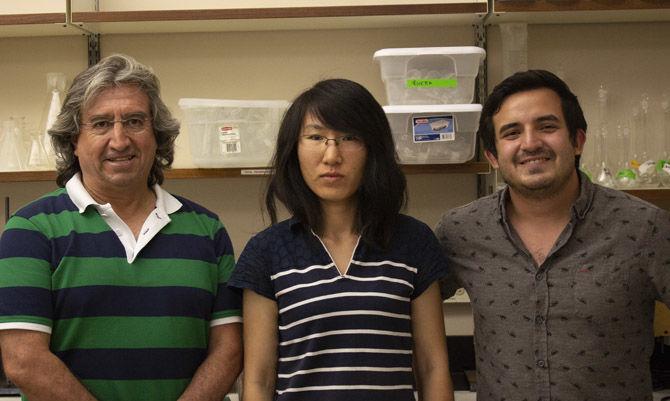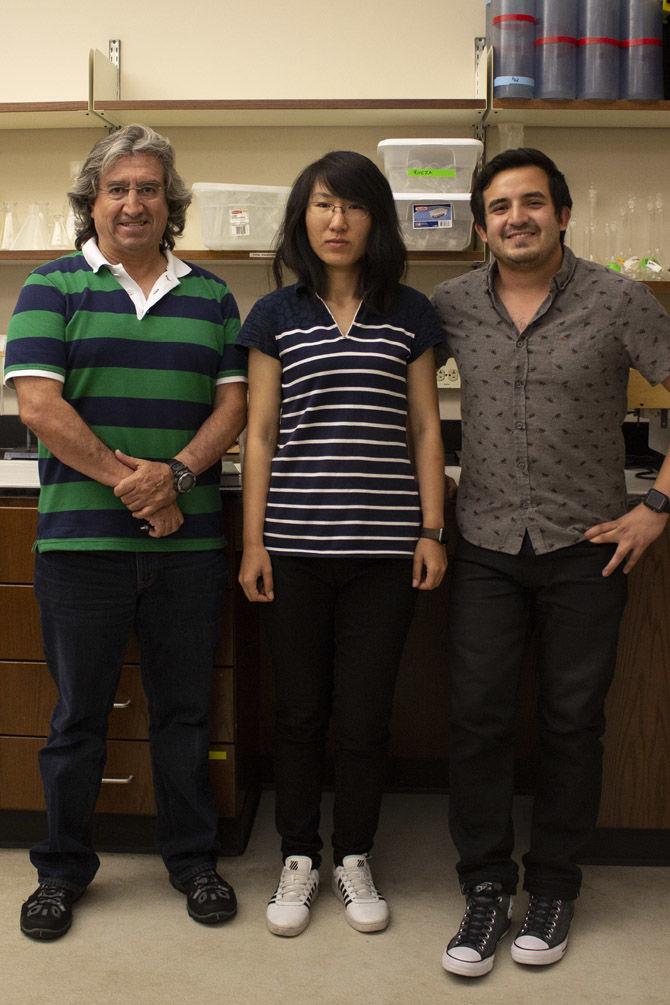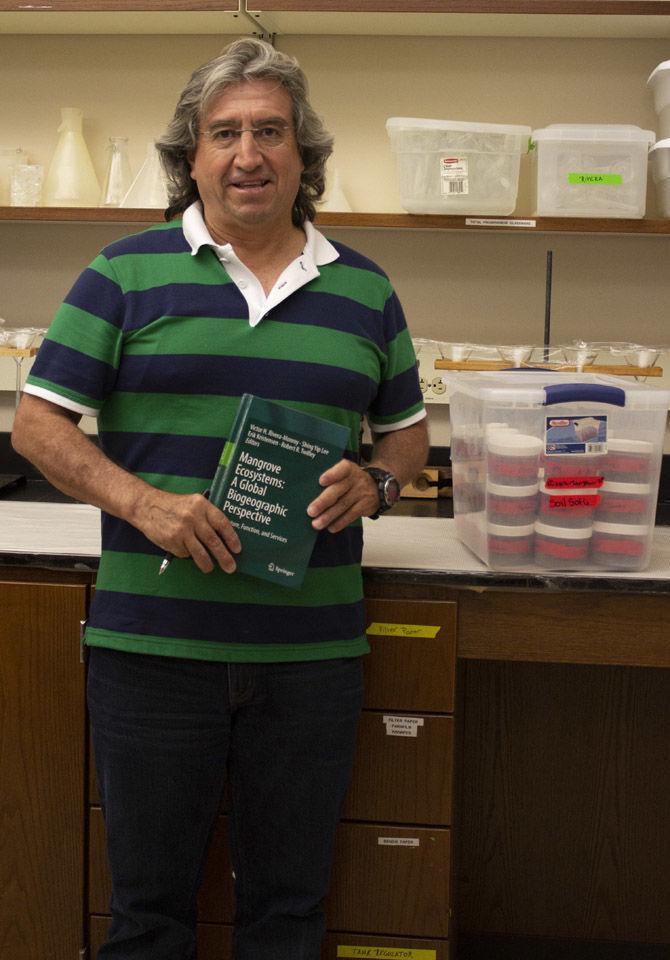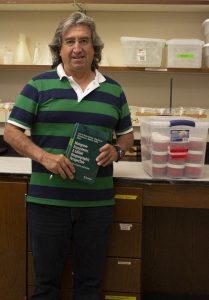LSU’s College of the Coast and Environment travelled to Tanzania to study the effects of economical and socio-economical impact on the coastline.
Graduate students Xiaochen Zhao and Mario Hernandez, along with several other students, traveled with oceanography and coastal sciences associate professor Victor H. Rivera-Monroy to evaluate 13 different villages across the Pangani and Rufiji districts of Tanzania. They analyzed the local mangrove ecosystems with human influence and interaction.
Rivera-Monroy has done work in tropical areas with mangroves, which are one of the dominant wetlands around the world. He chose to travel to Tanzania because “it’s right there.”
“The coast of Tanzania is undergoing major social changes, and it has a very challenged economy,” Rivera-Monroy said. “The National Science Foundation has several projects for implementing an understanding of how natural systems are affected by society, especially how that occurs in developing countries.
Africa is a continent where poverty is even more [widespread] than in the Americas.”
Rivera-Monroy said they all wrote a proposal to work with economies with scientists who do coastal ecology including fisheries.
Rivera-Monroy said the team was lucky to secure funding for the project because of competition from other scientists. The NSF funded the project because of the project’s potential to examine a link between the economic struggles and the environment.
“Everything related to environmental issues has a mix of different factors coming from the environment itself and how humans use the environment,” Rivera-Monroy said. “In order to do a really good job in trying to understand the relationship between poverty and the ecology of wetlands you have to have a multi-disciplinary team.”
Given the opportunity to do this project, the University was invited by the University of Rhode Island for this project, which was the prime institution in initiating the idea of having a multi-disciplinary project.
“It was a very good match, because with environmental economists and the expertise of hydrology that they have we [had constructed] a very good team,” Rivera-Monroy said.
Mangroves have a lot of utilities in the tropical areas, according to Rivera-Monroy, through ecosystem services, which include the production of fish and protection from storm surges. Although they are ecosystem services, they also serve as a service to society.
Deforestation is one of the biggest issues in African countries because the wood is required to cook for the locals. The researchers purposely went to an area that suffered greatly from deforestation.
“Unfortunately in the area where [the researchers] were in the northern part of Tanzania the incidence of deforestation was very high,” Rivera-Monroy said. “That was one of the major reasons why we wanted to go there to measure the dimension, the extension and what is going to be the future for that type of resource they’d need and how we could help to conserve and restore.”
Tanzania has numerous policies designed to protect the wetlands, according to Rivera-Monroy. However, with the social pressure given by poverty, the laws aren’t enforced.
“People cut the mangroves, but there isn’t much we can do besides highlight the dimension and the data because they don’t have the information.” Rivera-Monroy said. “We try to create a sustainable management for these forests.”
Rivera-Monroy grew up in Mexico, so he has been exposed to developing countries with coastal areas that are poor. He said the poverty in Africa is difficult to conceptualize until it is seen up close.
“One of the things that really, really impacted me was the level of poverty that Africa as a continent goes through,” Rivera-Monroy said. “You can read about it, someone can tell you about it, but until you are actually there, you realise what poverty is, and that gives you a very humble experience because you have to be a little more realistic in the type of things that you can recommend to estates.”
Rivera-Monroy felt the trip has motivated him because he learned that the only way to free people in terms of economics was to enhance their education.
The people who live on the coast of Tanzania greatly depend on fish not only to eat, but to create a livelihood. Rivera-Monroy said he was struck by how content and happy the people of Tanzania seemed while fishing, despite the poverty level and dying coastlines. He knows he and his researchers are obligated to help the country because they have the tools necessary to make a difference.
“With different researchers and graduate students in our community, I feel that we have an impact on the community, and that’s very rewarding for us, but we need to follow up,” Rivera-Monroy said.
Mario Hernandez took part in researching the local fish ecology and fisheries, and Xiaochen Zhao took part in studying the distribution of mangroves in wetlands and factors that regulate their ecosystems along side Rivera-Monroy.
“[The locals] heavily rely on the mangrove forestry. The people have no actual house,” Zhao said. “I hope that [the research] will help themselves get an idea on how ecology will help their own life so they can get a more positive strategy for management.”
Rivera-Monroy wanted to emphasize how they wanted to study poverty traps actually become an effect in sustainability to the source, including fisheries and wetlands. They wanted to identify the issues of conservation, and the importance of restoration long-term.
“What we learn from the mangroves in Louisiana, we are also transporting that information to places like Tanzania,” Rivera-Monroy said. “We have to think globally in order to have conservation otherwise it won’t work.”
LSU researchers travel to Tanzania to study coastlines
September 19, 2018
LSU Oceanography and Coastal Sciences Associate Professor Victor H. Rivera-Monroy stands with his grad students Xiaochen Zhao and Mario Hernandez on Monday, Sept. 17, 2018.
More to Discover














